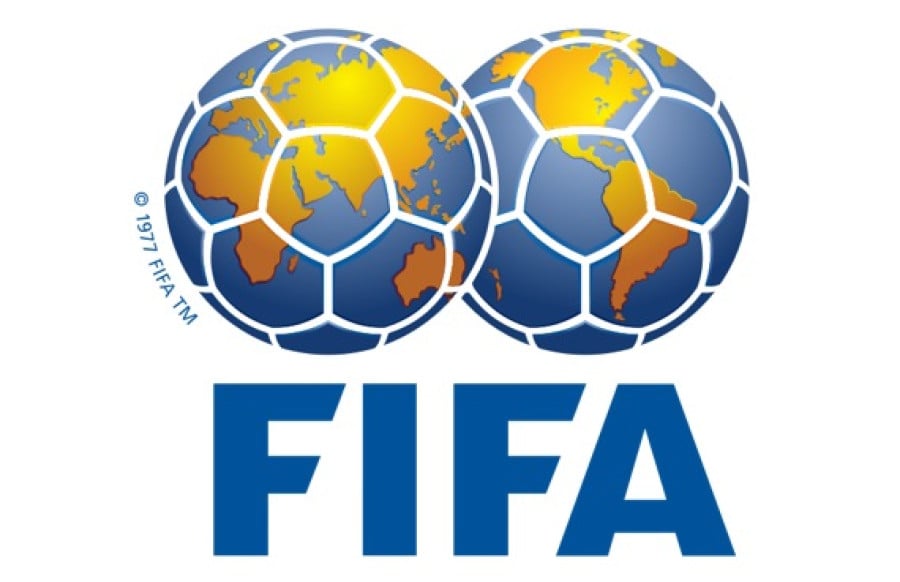An analysis of IP rights in Japanese sports business – Part 1

In this two part series Takuya Yamazaki provides an analysis of intellectual property rights in Japanese sports business with a focus on infringement cases of ‘broadcasting rights’ and ‘sponsorship rights’.
The sports business or industry is often known and described as a rights business. However, in Japan's intellectual property ("IP") rights laws there exists no unique protection for important sports business related rights such as 'broadcasting rights' and 'sponsorship rights'. Moreover, sports events themselves, which bring massive value to the sports industry, are not even afforded IP protection.
There is, therefore, a discrepancy between the 'object of the business transaction' in the sports industry and the 'object to be protected' under IP rights, which poses a big challenge for the protection of 'rights' in the industry.
As these rights are not afforded direct protection there is a risk that these can be easily taken advantage of, for a 'free ride', by third parties. This article, with a focus on the infringement cases of both 'broadcasting rights' and 'sponsorship rights', shall investigate the 'misdirection play' of the application of Japanese IP rights in the sports business.
The mismatch between Japan's sports business and IP rights laws
The appeal of sports law
In recent years the number of books in the so-called academic field of 'sports law' has been increasing not just in Europe and America but also in Japan.
The author of this paper has also had many opportunities to give 'sports law' lectures and classes at various law schools and universities. However, this academic field of 'sports law' is a research subject of 'law' applied to the sports world (including to the sports business); it is rarely a subject that directly researches statutory laws such as 'patent law' or 'copyright law'. Rather, it is often said that it is a research subject that considers 'how and in what manner' existing statutory laws and legal theories apply to the sports world.
The American sports law scholar Professor Ray Yasser has expressed the appeal of this sports law as, "the beauty of the misdirection or trick play."1
For example, there have been attempts to apply existing 'IP rights laws' to cases not envisaged by those laws through taking a broad interpretation to bring about IP rights protection. Conversely, there have also been attempts to deny the application of pertinent laws that are regularly applied, even to sports settings, through making exceptions in interpretation such as the 'specificity of sport'. These are examples of 'misdirection plays'.
In this way, regarding the discussion on how existing laws are applicable or not to various cases and business within sports, the appeal of 'sports law' exists through shedding new light on the nature and legislative intent of such laws. In common with this, the discussion about whether 'IP rights laws' are applicable or not within the sports business to a variety of cases and contracts, also provides new perspective on the nature and legislative intent of 'IP rights laws'.
The problem
To continue reading or watching login or register here
Already a member? Sign in
Get access to all of the expert analysis and commentary at LawInSport including articles, webinars, conference videos and podcast transcripts. Find out more here.
- Tags: Broadcasting | Intellectual Property | Japan | National Football League (NFL) | Olympic | Sponsorship
Related Articles
- Japan joins Global Drug Reference Online to help athletes
- Corporal punishment still has some support in Japanese sports, despite deaths; will the culture catch up to the law?
- Tokyo 2020 Olympics infrastructure opportunities - transport, telecoms, energy and finance
- IOC prepares Tokyo for life as Games organiser with first visit to 2020 Host City
- An analysis of IP rights in Japanese sports business – Part 2
Written by
Takuya Yamazaki
Takuya Yamazaki gained his LLB from Waseda University (Tokyo, Japan) in 1993. He then qualified as an attorney-at- law in Japan and was admitted into the Dai-Ni Tokyo Bar Association in 1997. In 2001 Takuyafounded Field-R Law Offices, a specialized sports and entertainment law practice based in Tokyo, where he currently serves as the Founding Partner.




